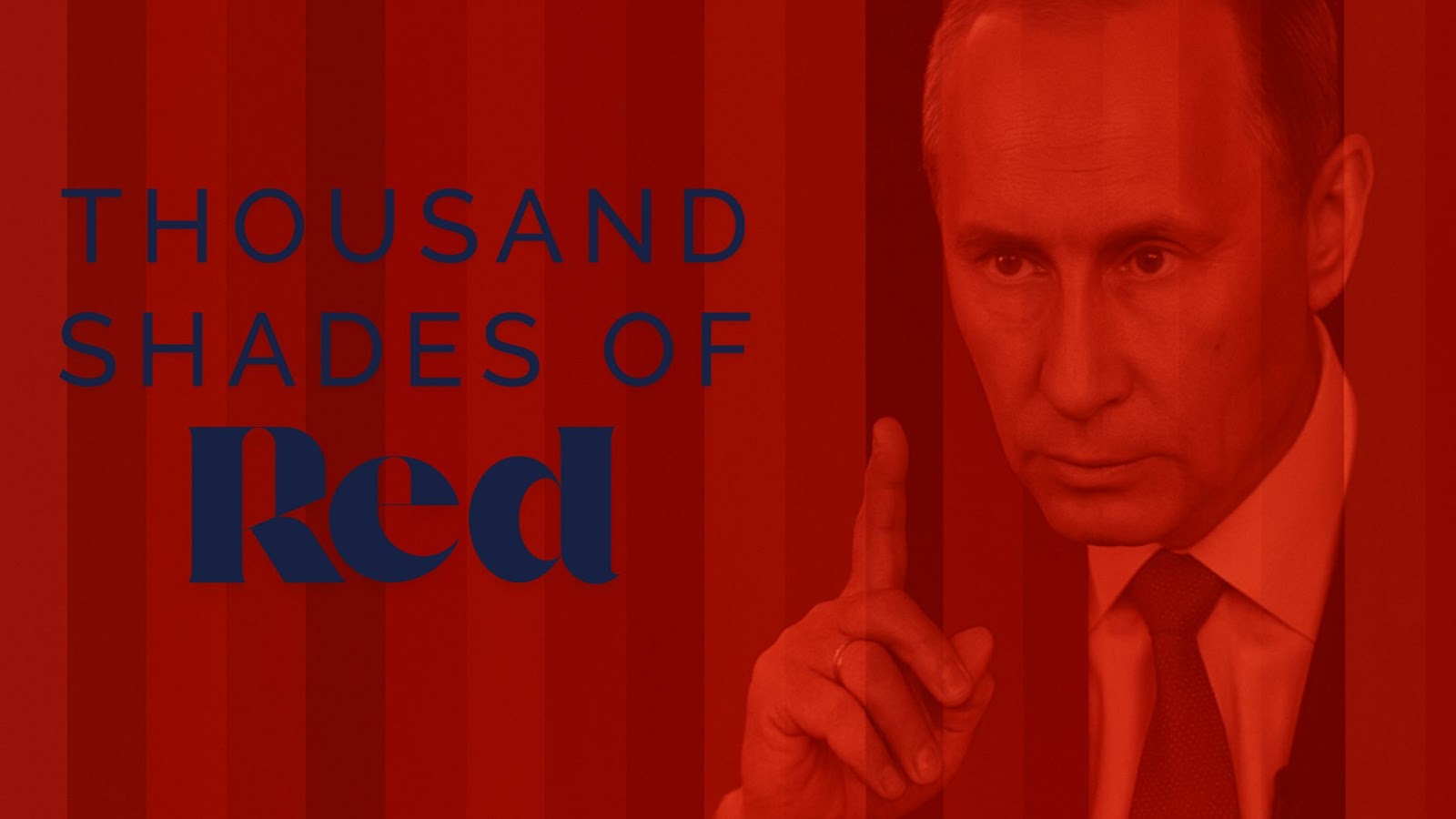Technicalities: The Last Refuge of Strategic Evasion.
In modern geopolitics, where optics often outweigh outcomes, Vladimir Putin has crafted a political persona that seems almost metaphysical—detached, untouchable, and immune to accountability. He has positioned himself as a figure above consequence, impervious to the shifting tides of global affairs, echoing more the composure of a saint than the urgency of a statesman.
Against this cultivated detachment, it's hardly surprising that a series of geopolitical alarm bells failed to provoke meaningful recalibration from the Kremlin. For Putin, these were not indicators of systemic failure but mere background noise to his long-term vision—or detachment. From the 2008 invasion of Georgia, the Euromaidan uprising, mounting Western sanctions, the Syrian debacle, political assassinations, the tragic Kursk incident, to the wiping out of a significant portion. of Russia’s strategic bomber fleet, the list of strategic missteps is long and damning.
And yet, Putin remains unaffected—having ascended into a psychological and political "nirvana," where setbacks are reinterpreted as tactical depth, and silence is mistaken for strength. Such a posture, while strategically useful in short cycles, has arguably eroded Russia's long-term resilience. Fortunately, the Soviet Union during World War II did not have such a leader.
"There’s always a red he’ll find,
To draw his lines and hold the line.
No matter how the colors fade,
A shade of red is always made."
When a Man Becomes Bigger Than the Motherland
Today, the Russian populace bears the consequences of allowing one individual to eclipse the very state he claims to serve. Putin's personal stature has grown to a point where his legacy appears more valuable than Russia’s strategic interests. This inversion of accountability would be unfathomable in most democratic or even semi-authoritarian regimes.
In virtually any other country, the accumulation of the aforementioned crises would have triggered parliamentary inquiries, mass demonstrations, and possibly leadership transitions. But in Russia, misjudgments are either quickly forgotten or repackaged as masterstrokes of geopolitical foresight. Putin no longer answers to the people—he answers only to the myth he has created.
Interestingly, Ukraine’s leadership has deciphered this dynamic with remarkable clarity. They understand that calibrated strikes on Russian soil are unlikely to provoke a disproportionate Russian response. Instead, these actions serve dual purposes: showcasing capability to Western backers and undermining the illusion of Kremlin omnipotence. Kyiv anticipates Putin’s predictable retaliations—targeting empty factories or symbolic infrastructure—followed by yet another grandiose address, after which he resumes his position of detachment.
Loyalty Misplaced
The collapse of the Soviet Union turned Moscow into a strategic battleground for global intelligence agencies, with the CIA and Mossad playing particularly influential roles. Putin’s consolidation of power saw the gradual curtailment of foreign intelligence operations—particularly American—but not necessarily for the sake of Russian sovereignty but may be a declared loyalty towards Tel-Aviv. His decisions often seemed aligned with opaque loyalties.
Russia’s conspicuous silence on the humanitarian catastrophe in Gaza raises uncomfortable questions about Moscow’s geopolitical loyalties. Historical patterns suggest that Israeli intelligence has been a quiet but persistent force behind several Russian strategic humiliations—from the Georgian conflict to Syria. Yet, Putin has remained unflinchingly passive.
His retreat from Syria, effectively handing over strategic latitude to Israel, was not an anomaly—it was a long-delayed inevitability. The more significant concern lies in the message it sends to allies like China and Iran: that Moscow's commitments may not withstand pressure or inducement. China, especially, has begun to recalibrate. Its support during Western sanctions was instrumental in cushioning Russia, yet during America's economic conflict with Beijing, Russia offered nothing more than silence. Strategic reciprocity was absent.
The implication is stark: China, unlike Assad, does not make sentimental strategic investments. It is now clear to Beijing that the Kremlin's internal command dynamics may not be reliable in a long game. And for now, China holds the economic and strategic levers that determine Russia’s endurance.

Comments
Post a Comment